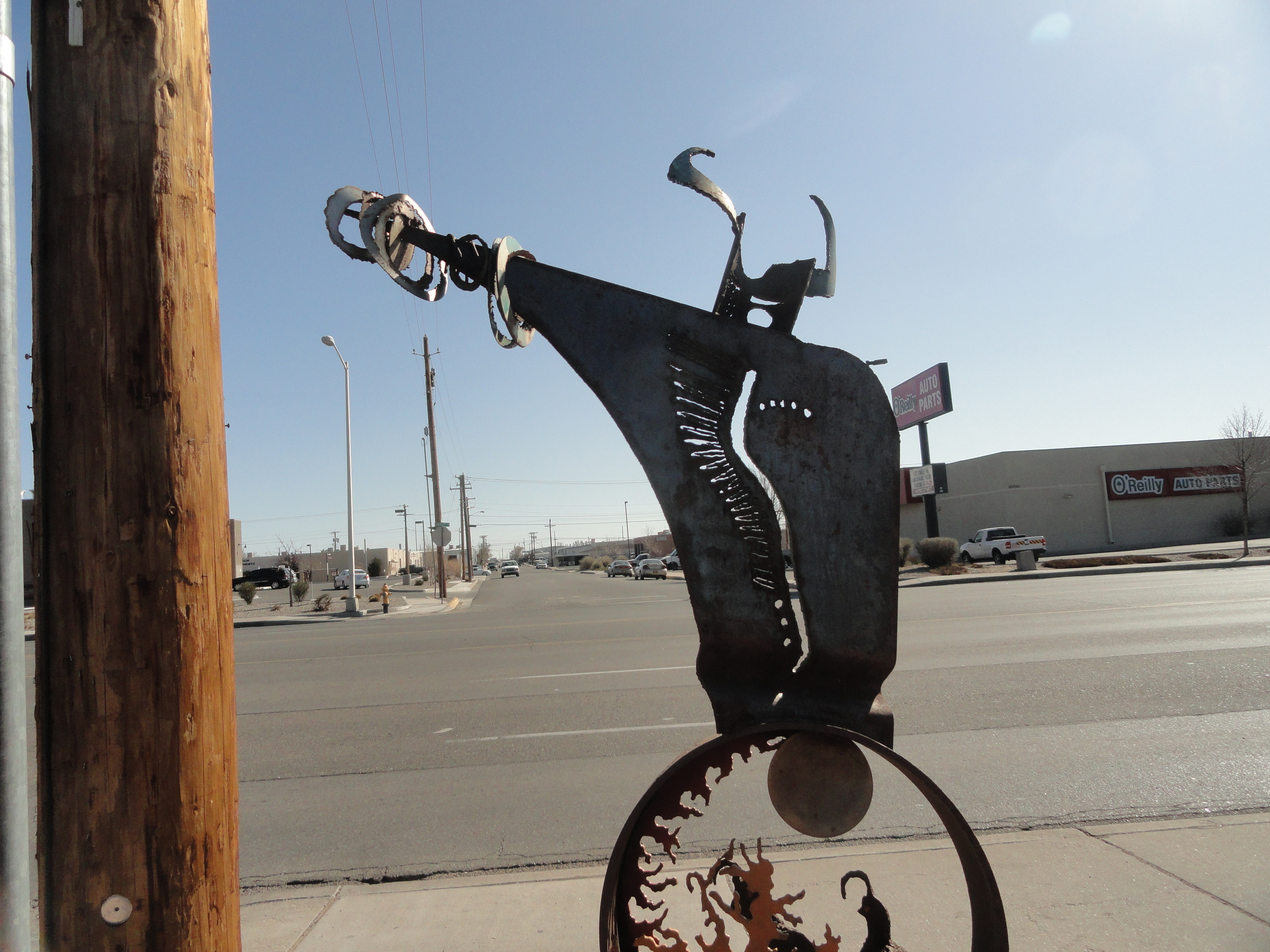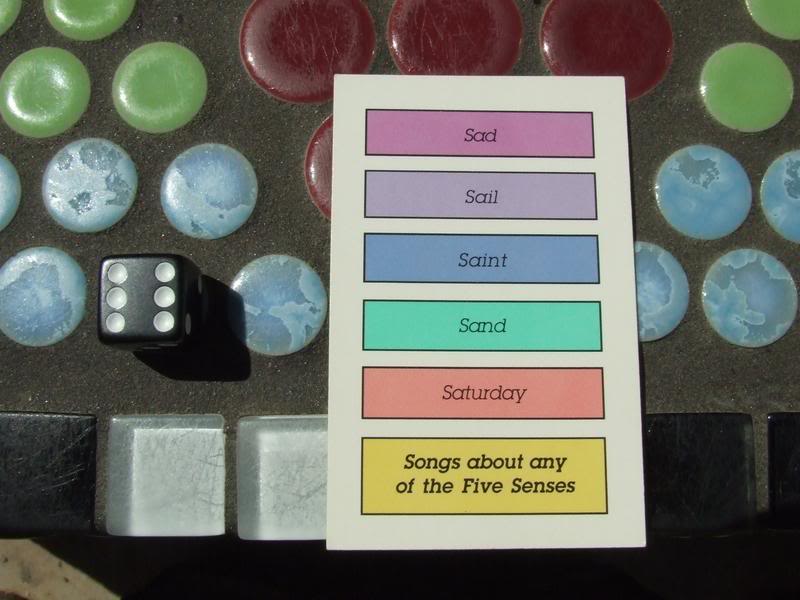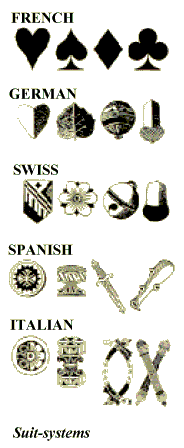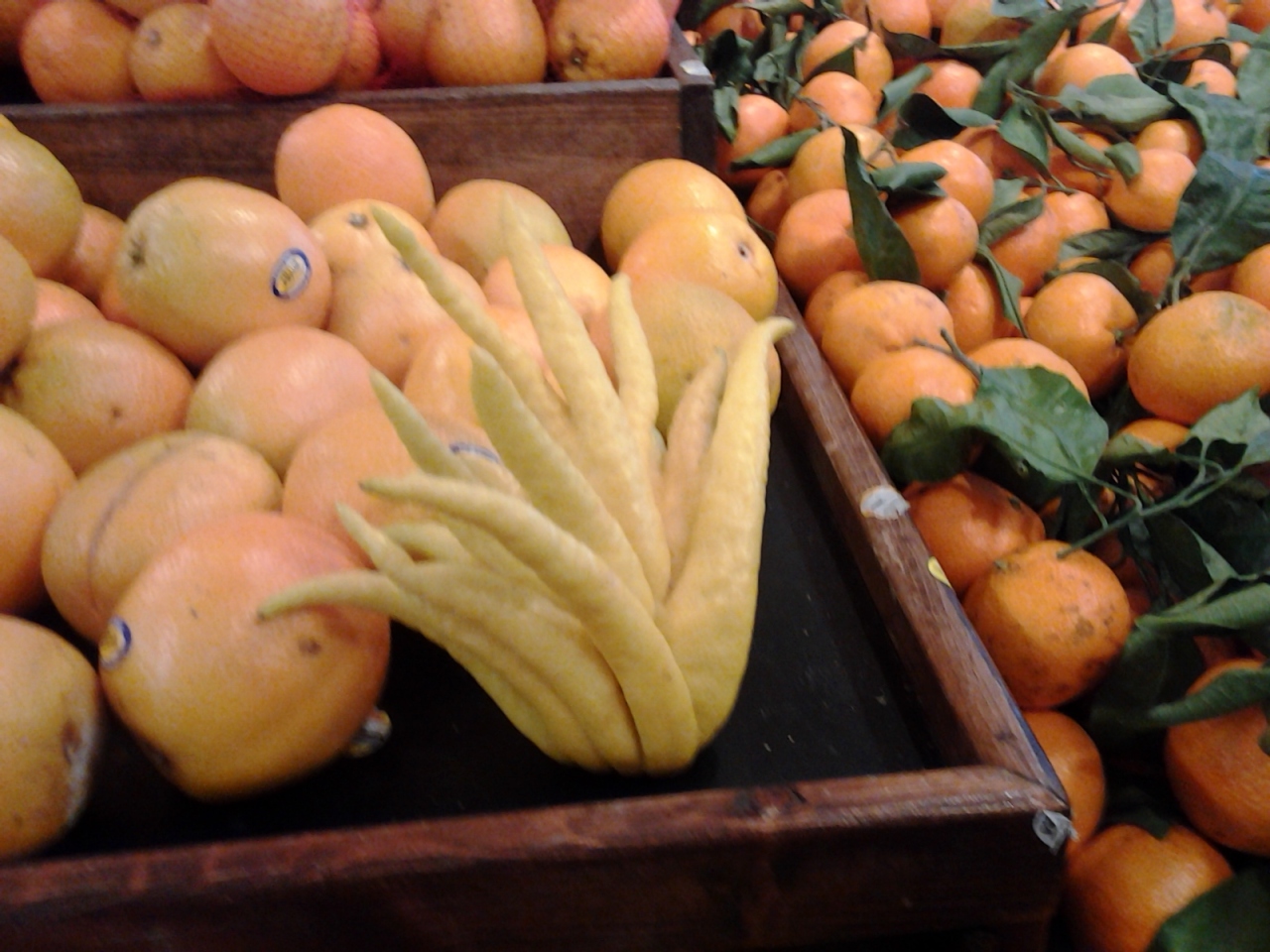Monday, April 23, 2012
Examine a word
A parent cannot decipher words for a child. Only the child can decipher written language. You can help! You can help LOTS of ways. One way would be to gain an interest in the words you use yourself, and stop once in a while to examine one, its history, why it means what it means.
SandraDodd.com/etymology
photo by Sandra Dodd
Sunday, April 22, 2012
Spontaneity, more than control

If you want to make the sun come up, first see what time it's expected to rise, and command it right at that moment.
If you want to make children do what you want, find out what they want to do and would enjoy doing, and make it seem like you've provided that thing or opportunity, if you want, at first, if it makes you feel like you made the sun come up. But those who insist that they should and can and will control another person often end up alone, emotionally if not physically.
To have a life of learning and joy, spontaneity is more important than control. Acceptance is more valuable than resistance.
photo by Sandra Dodd
__
Saturday, April 21, 2012
"What about socialization?"
Sometimes when people ask “What about socialization?” I say "What do you mean?"
And I wait patiently for them to think of a response.
Usually the question is asked by rote, the same way adults ask stranger-children "Where do you go to school?" Most people just blink and stammer, because they don't even know what they meant when they asked it.

SandraDodd.com/socialization
photo by Sandra Dodd
___
And I wait patiently for them to think of a response.
Usually the question is asked by rote, the same way adults ask stranger-children "Where do you go to school?" Most people just blink and stammer, because they don't even know what they meant when they asked it.

photo by Sandra Dodd
___
Something looks like this:
friends,
playground,
playing
Friday, April 20, 2012
Principles instead of rules
I was determined to figure out how to explain it, but it's still not simple to describe or to accept, and I think it's because our culture is filled with rules, and has little respect for the idea of "principles." It seems moralistic or spiritual to talk about a person's principles, or sometimes people who don't see it that way will still fear it's about to get philosophical and beyond their interest or ability.
Rules are things like "Never hit the dog," and "Don't talk to strangers."
Principles are more like "Being gentle to the dog is good for the dog and good for you too," or "People you don't know could be dangerous." They are not "what to do." They are "how do you decide?" and "why?" in the realm of thought and decision making.
The answer to most questions is "it depends."
What it depends on often has to do with principles.
photo by Sandra Dodd
__
Thursday, April 19, 2012
Go easy, but have fun!

Some people overstate their cases and say “Our children will never go to school.” We didn’t. First of all, it’s not something any parent can insure. But we didn’t burn our bridges or commit to an unseen future. What we said was “Kirby’s staying home this year.” And then “Kirby’s going to stay at home again.” When people asked the inevitable questions, we said things like “It’s working for now,” or “If it stops working we’ll try something else,” or “If he stops having fun, he can go to school.” Then we were careful to make sure he had lots of fun!
photo by Sandra Dodd
__
Wednesday, April 18, 2012
The value of trivia
So what IS trivia? For school kids, trivia is (by definition) a waste of time. It’s something that will not be on the test. It’s “extra” stuff. For unschoolers, though, in the wide new world in which EVERYTHING counts, there can be no trivia in that sense. If news of the existence of sachets ties in with what one learned of medieval plagues in Extraordinary Endings of Practically Everything and Everybody, there are two pointers that tie microbiology to European cities in the Middle Ages, and lead to paradise-guaranteed pilgrimages to Rome. Nowadays sanitation and antibiotics keep the plague from “spreading like the plague.”

Image (a link!) borrowed from The World of Playing Cards
SandraDodd.com/triviality
__

SandraDodd.com/triviality
__
Tuesday, April 17, 2012
Take it home and cut it open

Pam Sorooshian wrote:
I've heard of unschoolers who say they never bring home anything for their kids—because they feel that puts subtle pressure on them to learn what the parents are promoting.
I say hogwash to that. I pick up stuff ALL the time. . . . If I see an unusual fruit in the grocery store, I buy it and take it home and put it on the table for others to notice. If a kid is in the store with me I might say, "Oooh look at this. Let's take it home and cut it open."
—Pam Sorooshian
photo by Holly Dodd
Subscribe to:
Posts (Atom)

